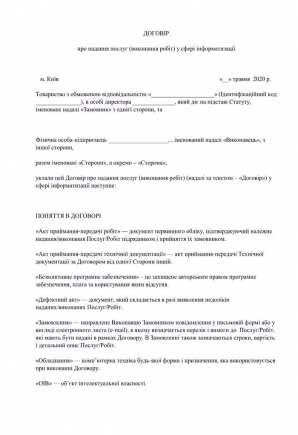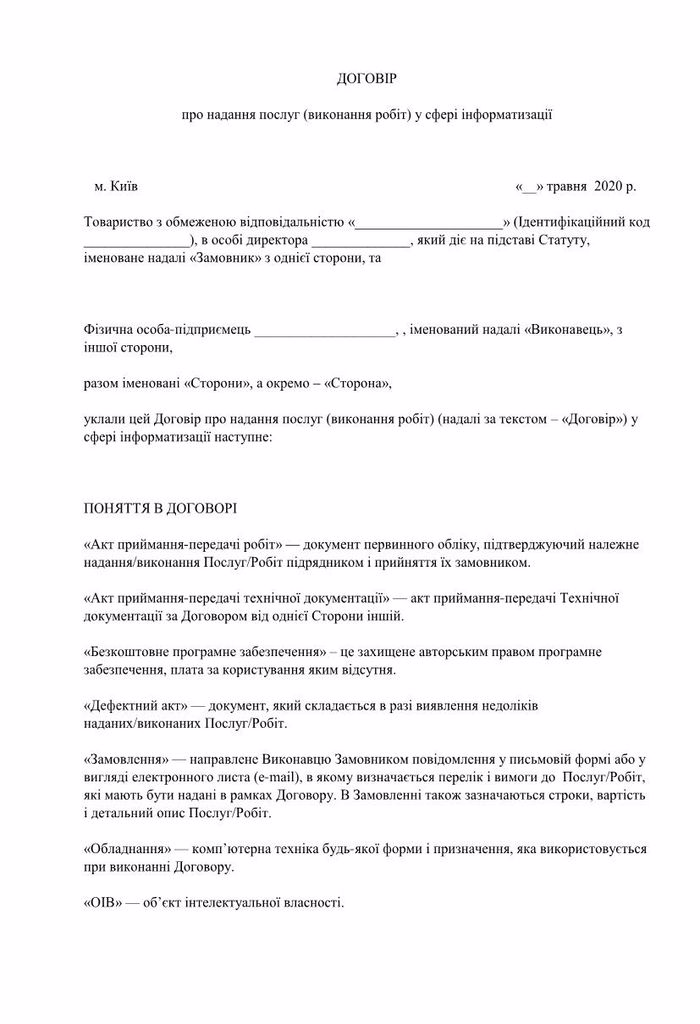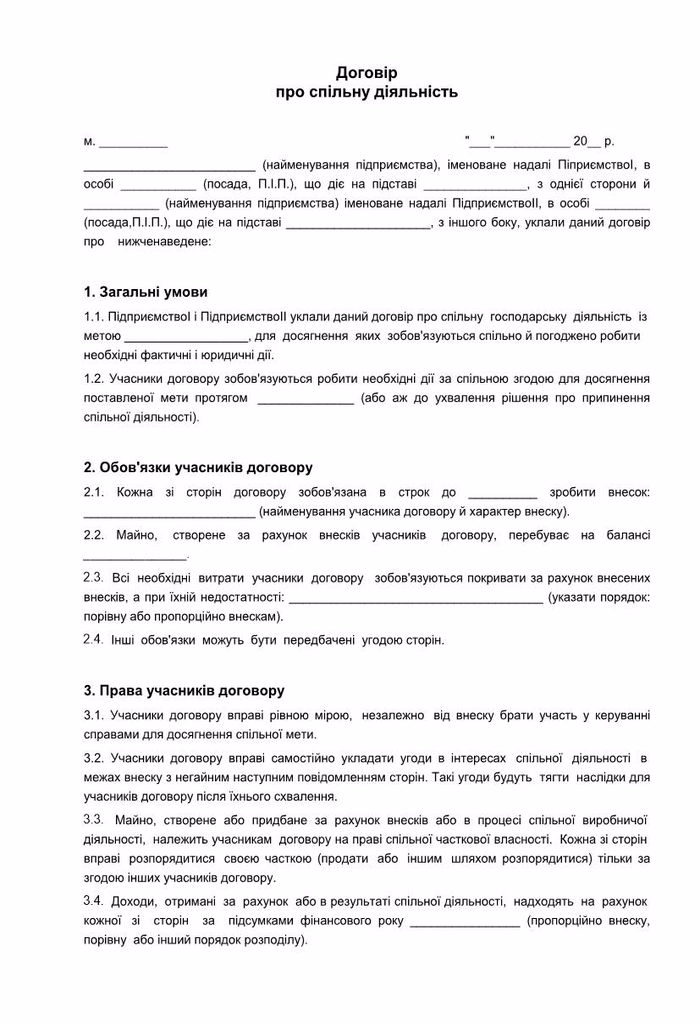Documents for IT: Legal Security of IT Developers
Cost of services:
Reviews of our Clients
... our work on joint projects assured us of your high level of professionalism
For website and mobile app developers, as well as startups in the IT sector, ensuring legal protection is a crucial step after creating a product. As professionals aiming to bring your project to market, you need to be confident not only in the quality of your development but also in its protection against potential legal risks. This applies not only to key aspects such as registering a mobile app and securing intellectual property rights but also to properly drafting all the necessary documents for launching your application.
In this article, we will highlight the key legal aspects that developers should consider when registering a mobile app and ensuring security for both themselves and their users. You will learn which documents are required and how to avoid legal pitfalls that may arise in your interactions with users and partners of your IT project.
You might also like: Digital Taxation: Changes in Tax Legislation for Digital Companies
Legal Documentation for IT Projects: Protecting Rights and Minimizing Risks
Proper documentation is crucial for both IT solutions and IT project development, requiring a professional approach. It’s not just about safeguarding intellectual property—it’s also about proactively mitigating risks related to:
- Compliance with tax regulations
- Protection of consumer rights and personal data
- Cookie policy compliance
- Licensing of IT products or obtaining special permits when required
To ensure your IT project is legally secure, it’s important to address these issues in advance—before you face complaints, lawsuits from users, or regulatory scrutiny. That’s why drafting legal documentation for a mobile application should be entrusted to professionals from the outset. Experienced specialists understand which documents IT professionals need, how to create and structure technical documentation for IT projects, and how to ensure full legal compliance.
You might also like: Drafting Contracts for Startups in Ukraine
Minimum Set of Legal Documents for an IT Company
IT documentation, especially legal documents, is a fundamental safeguard for any business involved in the development and maintenance of websites, software applications, and other IT products. What is the minimum set of legal documents an IT company needs when launching a mobile app or website?
1. Public Offer Agreement. This document is a key part of an IT company’s legal framework, as it defines the terms under which services or products are provided through a website or app. The public offer sets out the rules for using the platform and must be easily accessible to all users. It should clearly outline the terms of the agreement, as well as the rights and obligations of both parties.
2. Cookie Policy (especially for users in the EU). If your website or mobile application collects user data through cookies, a cookie policy is mandatory, particularly for EU residents. This document must explicitly state how cookies are used, for what purposes, and provide users with the option to accept or decline them.
3. Privacy Policy. This document explains how a company collects, stores, and protects users' personal data. A privacy policy is especially important for IT companies handling large amounts of personal information, such as banks, healthcare providers, or any service that must comply with GDPR and other data protection regulations.
4. End User License Agreement (EULA) or Terms of Use. Every mobile application or software product must have a user agreement that defines the rules for using the software. This document outlines usage restrictions, liability limitations, and the conditions under which the service can be terminated.
5. License. If an IT company operates in a field that requires special permits or licenses (such as financial or medical services), obtaining the necessary authorization is essential. A license serves as official confirmation of the company’s legal right to conduct specific activities.
6. NDA (Non-Disclosure Agreements) for Developers. To protect intellectual property and trade secrets, IT companies developing software should sign NDAs with all involved developers and contractors. This ensures that confidential information shared during the development process does not reach competitors.
7. Software Development Agreements. This contract governs the relationship between a client and a developer when custom software is being created. It specifies project terms, deadlines, responsibilities of both parties, and payment arrangements.
In addition to these documents, if your website or application providing services collects, processes, stores, or performs any other actions with personal data, it is necessary to implement a technical solution for obtaining the appropriate consent from the data subject. Therefore, a mechanism for obtaining user consent for data processing must be in place. For example, this could be a form or a checkbox in the privacy policy where the user confirms their consent to data processing.
Information that must be provided in an app or on a website:
1) Business entity information, supplier of goods and services. Your company details, including:
- Legal entity or sole proprietor status – the official company name.
- Registered business address.
- Contact details (phone number, email, and other means of communication).
This information is usually included in public agreements. Our legal experts strongly advise against hiding or restricting access to such details, as this may render the agreement invalid and constitute a violation of consumer rights.
2) Permits and licenses. If your company operates in a field that requires special permits, such as licenses or certificates, these documents should be made available on your website. This is particularly important for platforms that offer or facilitate service orders, such as websites of private medical institutions or online services of financial companies.
3) Information on the legal protection of intellectual property objects (logos, trademarks, audio and video content, etc.) is optional. Such information is not mandatory; however, if you believe there is a high risk of unauthorized use of your intellectual property, it is advisable to include a relevant notice on your website and take additional measures to protect your rights.
4) Purpose and procedure for processing personal data. If your website or application processes users' personal data, you must specify the purpose and procedure for data processing. This may include data collection, storage, usage, and transfer. It is crucial that this process remains transparent and complies with data protection laws, particularly the GDPR, if you are working with users from the EU.
5) Product warranty and return policy. If your website or application offers goods or services, you must specify the terms of product warranty service, as well as the rules for returning goods or canceling services. This information is essential to protect consumer rights and ensure compliance with consumer protection laws.
6) Mandatory product and service information as required by consumer protection laws. This includes a description of the product or service, its specifications, pricing, and any other relevant details that may influence the consumer’s purchasing decision.
It is important to understand that IT documentation requirements can vary significantly depending on the type of documentation, as:
- Technical documentation regulates the specifications and requirements for software or a system.
- Project documentation describes the software development process and the interaction between the development team and clients.
- Corporate documentation governs the company's internal processes, standards, policies, etc.
For example, the requirements for IT technical documentation differ from those for IT project documentation, while corporate IT documentation has even more specific requirements. Our legal experts can help you understand how to manage IT documentation, provide consultations, and explain the different types of IT documentation in detail to ensure your business complies with all legal standards.
You might also like: How to Create a Website and Run an Online Business: Legal Aspects of Website Development
Specifics of Legal Documentation for IT Businesses
The set of documents and required information outlined in this article is only a general guideline and not exhaustive. To properly determine the necessary documentation for each specific case and ensure full legal compliance, the following factors must be considered:
1. Services and products you plan to offer, as each type of activity is subject to specific legal requirements.
For example, medical services require a license from the Ministry of Health, and an online casino needs a gambling license. If you plan to sell pharmaceutical products, in addition to the required pharmacy license, you must also provide information that such products are non-returnable.
2. Countries where your website or mobile application will operate.
Each country has its own laws, and it is common for activities that are permitted in one country to be restricted or prohibited in another. Some countries have specific legal requirements that must be communicated to the user or may require obtaining consent for certain actions.
There may also be restrictions related to mandatory tax payments, the language in which information is provided, user age, and other factors.
3. Target audience.
If your services or products have age restrictions, this must be clearly stated, and you must obtain confirmation from the user that they meet the required age before using the website or application.
If IT documentation is being developed for products or services that could pose a risk to users' health or safety, the user must be warned about these risks. This applies not only to products such as tobacco, alcohol, and pharmaceuticals but also to any products that could be hazardous to the life, health, or property of the consumer, or the environment. Consumers must be informed about all potential consequences.
You might also like: Registering a Startup as a Diia Resident: Steps to Success with Our Legal Support
Why is it important to entrust the development of IT documentation to a lawyer?
The IT business is one of the most dynamic and modern industries, where legal security plays a crucial role. Moreover, Ukrainian legislation regulating the activities of online stores, online casinos, telemedicine, and any information resources, websites, and applications is among the most complex. This is why, without proper legal support, it is difficult to avoid issues in the field of digital technologies.
Our lawyers have been developing legal documents for IT startups for many years, providing legal support to IT professionals. From experience, we know that preparing documentation for an IT business is a comprehensive process, covering:
- Compliance with the legal requirements of Ukraine and other countries where the product operates;
- Consideration of the company’s operational specifics;
- Evaluation of potential risks and their minimization.
We assist our clients in properly organizing and preparing all necessary documentation, taking into account the specifics of their business and the legal requirements of the countries where they plan to operate.
If you need quality documents for a mobile app or online service in Ukraine, contact the IT lawyers at our company. We will help you establish a reliable legal foundation for your digital business.
Our clients
















